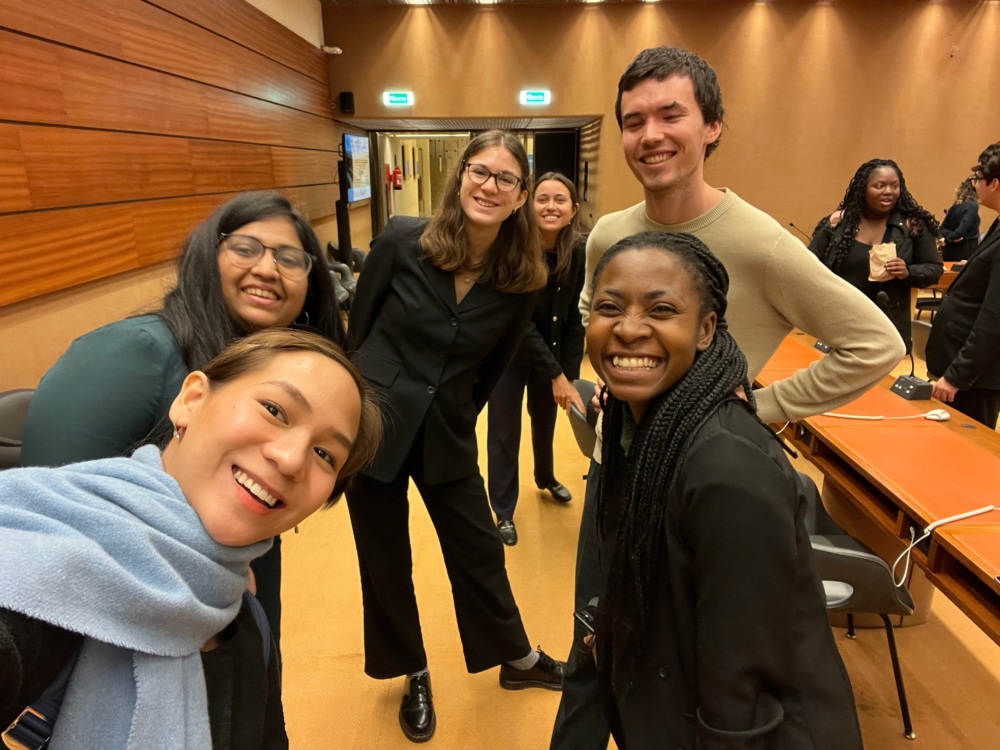
Sam Nunn
Co-Founder and Co-Chair, NTI
Nunn: U.S. Urgently Needs a National Biodefense Strategy
Former Senator Sam Nunn, co-chairman of the Nuclear Threat Initiative (NTI), today said a new report about U.S. government biodefense efforts underscores the urgent need for a national biodefense strategy. Nunn said the strategy must have clearly defined goals, set priorities, assign responsibilities to the relevant government agencies, involve the private sector, strengthen international cooperation and develop clear milestones for measuring progress.
The report, "Fighting Bioterrorism: Tracking and Assessing U.S. Government Programs," concludes that "within both branches of government, resource decisions are made without a single, integrated strategy for biopreparedness, clear and accurate assessments of the biological threat or sustained engagement of the private sector."
"Bioterrorism is one of the gravest security threats we face," said Senator Nunn. "In the event of a bioterror attack, millions of lives will depend on how quickly health care workers diagnose the illness, report their findings, identify treatment, and bring forth a fast and effective international response. Progress has been made in a number of areas, but we still lack a realistic, strategic, integrated plan that can reduce the chance of an attack and increase the chance of an effective response. The strategy must include a plan for actively working with the private sector and for strengthening global disease surveillance and early warning systems. Biodefense spending brings a double benefit. It can defend us against our enemies – even as it protects us from diseases that occur naturally.”
The report estimates that federal spending on bioterrorism has increased by 67 percent in two years, going from approximately $7.1 billion in 2002 to approximately $12 billion in 2004, and yet concludes that the government still has "no clear view of the relationship between ends, means, actions and responsibilities that define a genuine strategic approach" to the threat of bioterrorism. The report says substantially increased federal resources have produced some improvements in disease surveillance and epidemiology; laboratory analysis; research and development in vaccines and pharmaceuticals; and training and education of health professionals, but that substantial gaps remain and that "experts both in and out of governments conclude that the U.S. is incapable of coping successfully with a major bio attack."
Dr. Margaret A. Hamburg, vice president of NTI's Global Health and Security Initiative, said, "There needs to be real leadership, coordination and accountability for biopreparedness in the federal government and more transparency in budgets. While federal budgets have gone up in some areas, many state and local budgets are slashing the very public health infrastructure that is essential to an effective bioresponse. In addition, while substantial new funds have been invested in biodefense research since the fall of 2001, there is no national effort underway that assures investments are targeted to our most critical needs and fully harnesses the research engines of industry and academia. We need a major new initiative to galvanize drug and vaccine development and production. As the current problems with flu vaccine demonstrates, such an effort will have broader benefits for health preparedness efforts."
The report outlines continuing gaps in critical biodefense areas, such as:
The report, available at www.cbaci.org was researched and written by the Chemical and Biological Arms Control Institute (CBACI) and funded with a grant from NTI.
###
Sign up for our newsletter to get the latest on nuclear and biological threats.
NTI | bio will bring a 2024 Next Generation Biosecurity Delegation of early-career professionals to the Biological Weapons Convention (BWC) meetings from August 19 – 23.
NTI | bio convened more than 25 high-level biosecurity professionals, AI experts, and policymakers for the inaugural meeting of the International AI-Bio Forum.
The China Arms Control and Disarmament Association and NTI jointly convened a virtual Track II Dialogue, a forum to promote mutual understanding among Chinese and U.S. experts about urgent and emerging biosafety and biosecurity risks.


